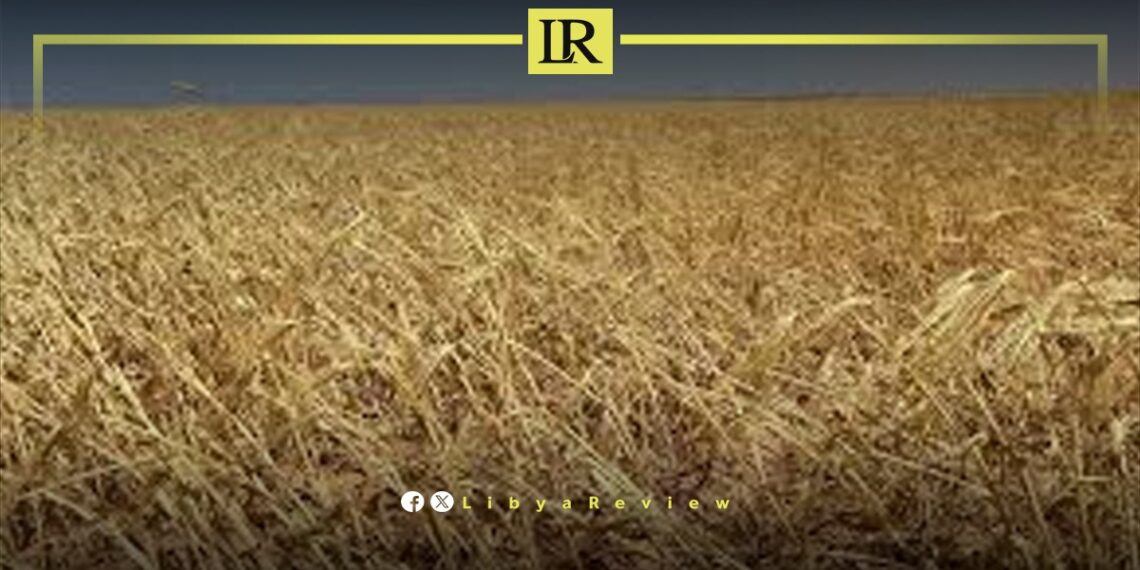The Russian Embassy in Libya announced that Libya has emerged as one of the top five purchasers of grain from Russia’s Rostov region.
According to the Rostov branch of the Federal State Budgetary Institution “Grain Quality Assessment Centre,” grain exports from Rostov amounted to 8.1 million tonnes from January to June 2024.
The Russian embassy highlighted that Libya’s significant grain imports underline the strengthening economic ties between the two nations. Grain from the Rostov region is being purchased by 40 countries, reflecting the high demand for Russian agricultural products globally.
The leading importers of grain from Rostov during this period were Turkey, Morocco, Libya, Egypt, and China. Specifically, Turkey imported 3.5 million tonnes, Morocco 1.5 million tonnes, Libya 933,000 tonnes, Egypt 585,000 tonnes, and China 100,000 tonnes. This substantial volume of trade underscores the strategic importance of Rostov’s agricultural output on the global stage.
The Embassy emphasised the importance of these trade relations for Libya’s food security, particularly in light of the country’s ongoing challenges. Libya’s reliance on grain imports is crucial for sustaining its population and supporting its agricultural sector.
The statement also noted that the cooperation in grain trade is part of a broader economic relationship between Russia and Libya. This relationship includes various sectors such as energy, construction, and infrastructure. The Embassy reaffirmed its commitment to further strengthening these ties and exploring new avenues for cooperation.
In conclusion, the Russian Embassy in Libya’s announcement highlights the growing economic partnership between the two countries. The substantial grain imports from the Rostov region reflect Libya’s pivotal role in Russia’s agricultural export strategy.
In March, a state-owned Russian company has been accused of exporting approximately 212,000 tons of looted grains to Libya, Turkey, and Israel. The grains, valued at around $46 million, reportedly originate from the occupied territories in the Zaporizhzhia region.
A revealing investigation by Ukraine’s Pravda website highlighted that European companies are implicated in this operation, suggesting a complex network facilitating the international trade of these stolen goods.
Established in the city of Melitopol in mid-May 2022, just under three months after Russia’s widespread invasion of Ukraine, the company has since been subject to U.S. sanctions since early 2023. Despite this, Ukraine and the United Kingdom have also imposed sanctions, the company has successfully circumvented these restrictions through the use of shell companies in the international market.
According to the report, 145,000 tons of the grains were directly exported by the Russian firm, with an additional 67,000 tons exported via Russian shell companies. Market Insight, an international database of export and import operations, identified the parent company as the exporter in these transactions.
The involvement of European companies in the process, as indicated by the investigation, raises concerns about the international community’s role in the facilitation of trade involving looted goods. The case underscores the challenges in enforcing sanctions and preventing the legitimization of goods acquired through conflict and occupation.
Libya has been in chaos since a NATO-backed uprising toppled longtime leader Muammar Gaddafi in 2011. The county has for years been split between rival administrations.
Libya’s economy, heavily reliant on oil, has suffered due to the ongoing conflict. The instability has led to fluctuations in oil production and prices, impacting the global oil market and Libya’s economy.
The conflict has led to a significant humanitarian crisis in Libya, with thousands of people killed, and many more displaced. Migrants and refugees using Libya as a transit point to Europe have also faced dire conditions.


